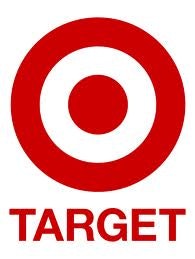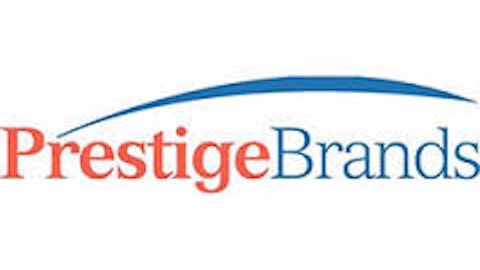Dollar stores such as Dollar Tree, Inc. (NASDAQ:DLTR), Dollar General Corp. (NYSE:DG), and Family Dollar Stores, Inc. (NYSE:FDO) were quite popular a couple years ago, and remain heavily owned by hedge funds even as they have significantly underperformed a strong S&P 500 in the last year. Dollar General, the largest of the three by market capitalization at a value of about $16 billion, had billionaire and Tiger Cub Stephen Mandel’s Lone Pine Capital report owning over 13 million shares at the end of December, making it one of the fund’s five largest holdings (see more of Mandel’s stock picks). Mandel also roughly tripled his position in Dollar Tree during the fourth quarter. Eton Park Capital, which is managed by Eric Mindich (who became a Goldman Sachs partner at only 27 and launched his hedge fund with $3 billion in AUM), was another major holder of these two stocks (find more stocks Mindich was buying).

At 18 times trailing earnings, Dollar General posts the highest P/E of these three stocks, with Dollar Tree and Family Dollar in the 16-17 range. Dollar General’s most recent 10-Q (for the fiscal quarter ending in early November 2012) showed 10% revenue growth and 21% earnings growth compared to the same period in the previous fiscal year; while sales experienced little deceleration from earlier in the year we do see that margins were down relative to the previous six months. 21% is certainly high, but we would be concerned about that growth rate falling too much further.
Dollar Tree has already put out its results for the last fiscal year (ending in early February). There revenue numbers for Q4 were well in line with the growth rate for the fiscal year as a whole (above 10%) and bottom-line growth was only slightly down. Specifically, earnings were up 22% in the fourth quarter versus a year earlier and 27% for the year (following a 22% increase in net income in 2011 over 2010). As a result its margins don’t seem to be falling; however, note that its recent earnings growth has been even with Dollar General’s- that company is just coming down from an even higher rate. Family Dollar is the cheapest of the three in terms of trailing earnings, but falling operating margins actually brought its operating and net income down in its most recent quarterly report compared to the same period in the previous fiscal year.
We can compare these companies to big-box discount retailers Target Corporation (NYSE:TGT) and Wal-Mart Stores, Inc. (NYSE:WMT); Wal-Mart Stores, Inc. (NYSE:WMT) made our list of the ten most popular consumer services stocks among hedge funds last quarter. These two stocks are priced a bit lower than the dollar stores on a trailing basis- Target Corporation (NYSE:TGT)’s trailing P/E is 15, Wal-Mart Stores, Inc. (NYSE:WMT)’s is 14- but growth rates have been a good deal lower. Revenue was up 7% at Target Corporation (NYSE:TGT) last quarter compared to the fourth quarter of 2011, but net income was actually down slightly; Wal-Mart Stores, Inc. (NYSE:WMT) combined improved net margins with 4% growth on the top line to produce a 9% increase in earnings. In addition, while the betas are certainly low they are considerably higher than what we see at Dollar General and Dollar Tree. So we think there is a good case to be made that those two dollar stores in particular have better growth prospects, and that those growth prospects are less dependent on the broader economy, at only a slightly higher value.




